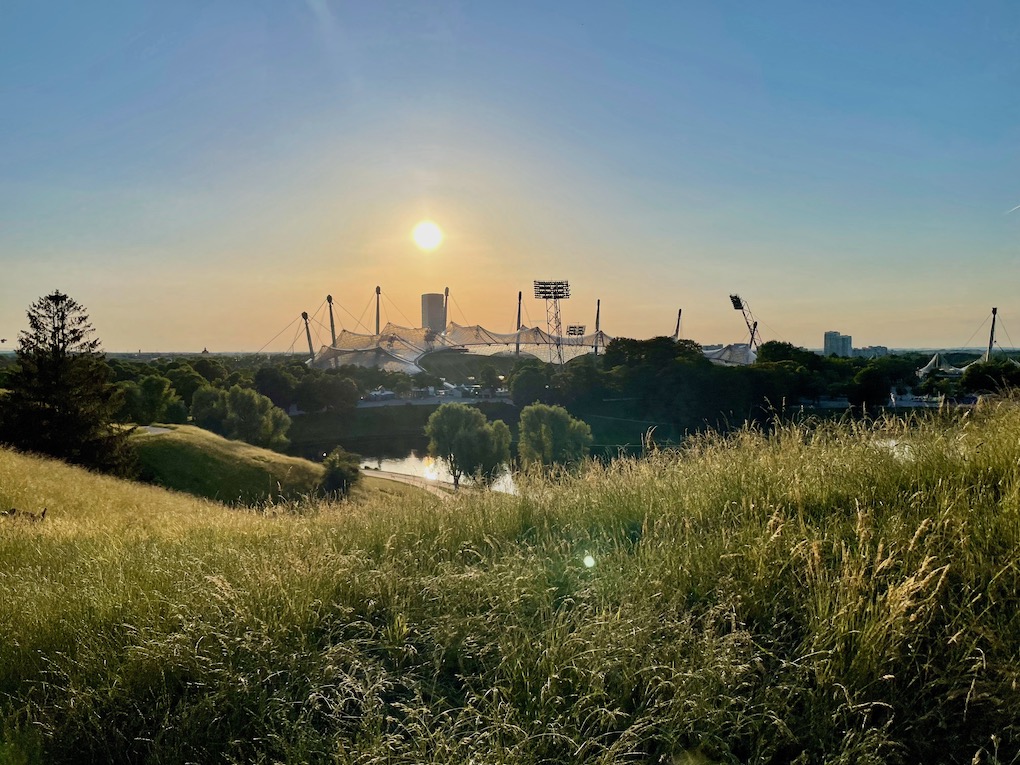Picture: Olympiapark. Built on wartime rubble and the chance for forward-looking infrastructure measures such as subway construction. (Source: Thomas Albinger)
In the third part of his series on sustainability, Thomas Albinger, Managing Director of Companeer GmbH, looks at the sustainable use of Olympic sports venues after the end of the respective Olympic Games.
The IOC’s recently published sustainability report states that 85% of all non-temporary structures built for modern Olympic Games are still in use. In addition to sports facilities, this also affects the Olympic villages, which were often converted into residential quarters after the respective Games.
The long use of buildings would speak for a high sustainability of Olympic construction projects. However, it remains to be seen whether the subsequent use of Olympic sites is also economically attractive. We remember: Only economically operated buildings can also be sustainable.
This does not mean that a building operated economically by today’s standards is automatically sustainable. Too many negative external effects on the environment and future generations have not yet been included in the price. But profitability is a basic prerequisite for sustainability. Because resources are money. According to principles of sustainability, the money spent on a building for which there is not sufficient demand, would have been better spent on another project.
And this is where many facilities from the aftermath of Olympic Games struggle. The Olympic Park in Munich will swallow up around half a billion euros over the next 30 years – just for preserving the historic buildings. This would have to be counterbalanced by revenues from tourism, as the Olympic Park continues to be a magnet for visitors. However, tourism is considered a concern in terms of climate neutrality.
The Olympic Park may become a World Heritage Site. This would ensure its preservation for a long time, but also make its original use difficult or impossible. In the future, noteworthy events are more likely to be held elsewhere: A modern venue that meets current standards is being built at Munich Airport. Large open-air events will be held at the trade fair center – with good transport connections. And no club wants to play soccer in the Olympic Stadium anymore, if there’s no other way.
The vision for the 1972 Olympic Games laid the foundation for Munich as a model of success. On the 50th anniversary, a bold decision must be made regarding the Olympic Park: Use or preserve? Revive the spirit of optimism of 1972 or run a loss-making open-air museum?
This article was published in Stadionwelt INSIDE 3/2022.
Contact & Imprint
Companeer GmbH Parkstr. 22 | 80339 Munich
Phone +49 (89) 21 55 10 31
hello@companeer.com
© 2024 Companeer GmbH
Managing director:
Thomas Albinger
Commercial register:
Munich HRB 202961
